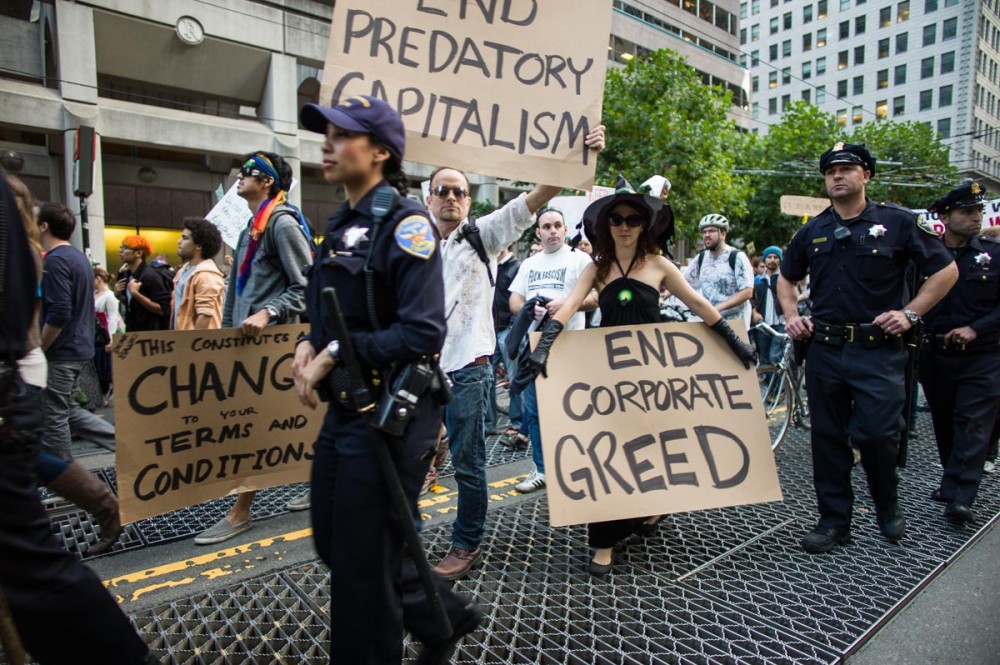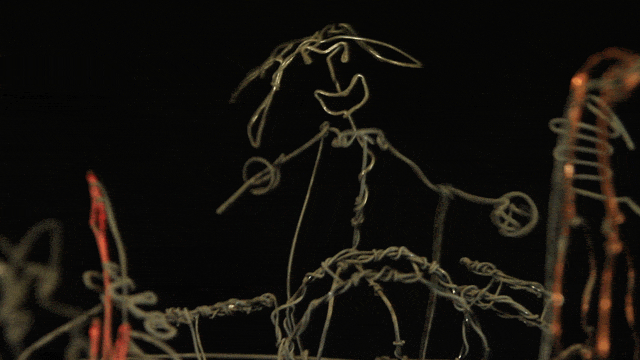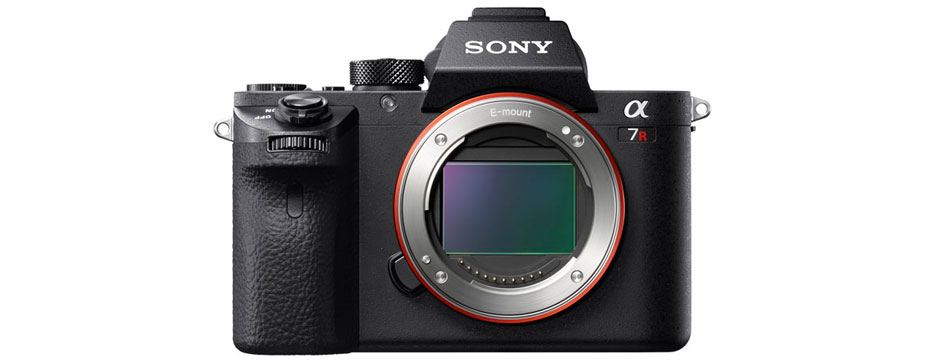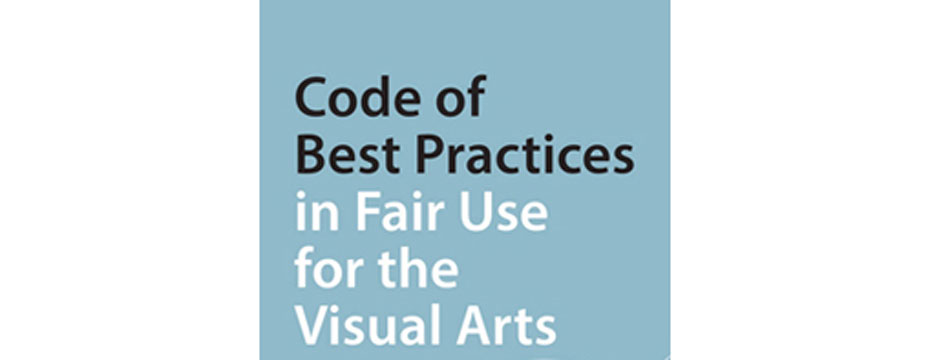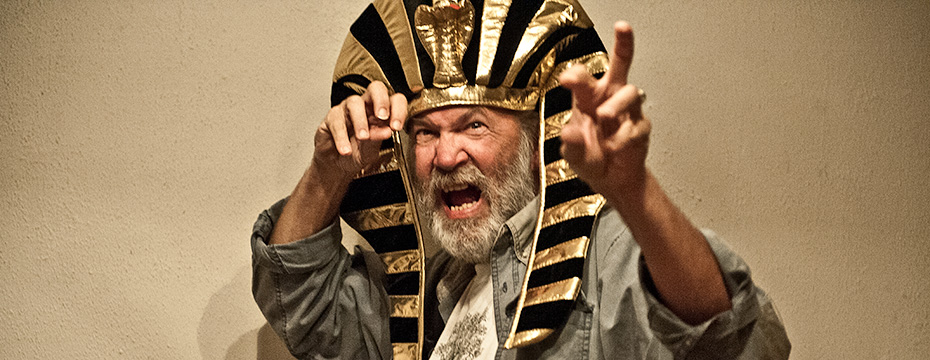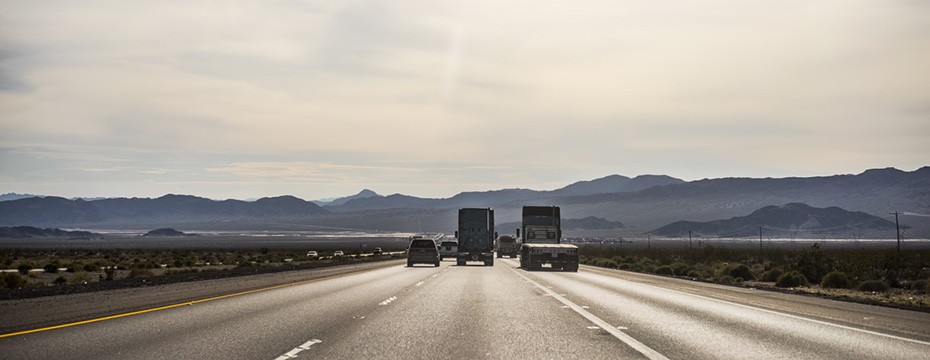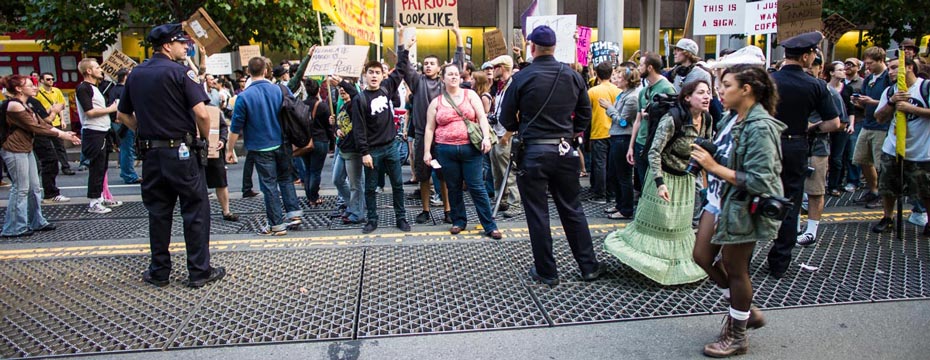
Your Rights As A Photographer In The USA
For us to maintain our ancestors hard fought and hard-won rights, we need to constantly exercise them to protect us as average citizens or visitors to the USA from wide spread abuse from those in positions of power and authority. But it certainly helps to actually know what your rights as a photographer are first.
To help fill that need, above you will find a cute 4:19 minute video outlining the rights of a photographer in public places. With a short intro by Joseph Gordon-Levitt and a “guest appearance” by the cartoon characterization of Ben Franklin, go figure! Please note, these rights we are talking about here is for public places only! Private property is a different matter entirely.
Be advised that in America, the common practice by some police forces called to intervene in public places is to simply make an arrest on the scene, and leave the further determination of your rights as a photographer to be sorted out in court later. Be fore-warned. Make sure that a friend or relative knows where you went and why, should you need assistance later on to secure your freedom. Just because you have certain legal rights as a photographer is no guarantee they will be respected.
Speaking for my own experiences, I have always been able to keep just this side of the line dealing with situations involving the police and my rights as a photographer. That means I have so far been able to keep myself out of jail, though several incidents have occurred where that was not a certainty to happen. Most often protest situations are volatile at best, with emotions and adrenaline both running high on both sides. Use caution and always think before you speak or react. Your safety and the safety of your gear depend upon it.
As of this writing, taking photographs of things that are plainly visible from public spaces is a constitutional right. Rights as a photographer that includes federal buildings, transportation facilities, police and other government officials carrying out their duties. Unfortunately, there is a widespread, continuing pattern of law enforcement officers ordering people to stop taking photographs from public places, and harassing, detaining and arresting those who fail to comply. Knowing your rights as a photographer is one of your best defenses if challenged.
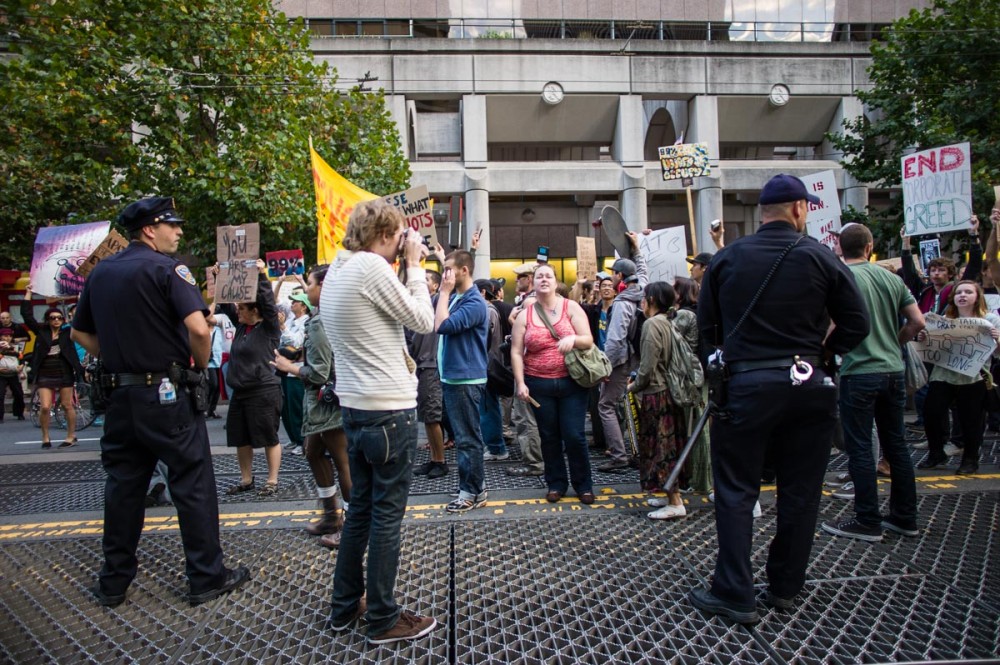
Taking photographs of police in public spaces is a right of every photographer, Citizens and visitors alike.
Your rights as a photographer:
- When in public spaces where you are lawfully present you have the right to photograph anything that is in plain view. That includes pictures of federal buildings, transportation facilities, and police. Such photography is a form of public oversight over the government and is important in a free society.
- When you are on private property, the property owner may set rules about the taking of photographs. If you disobey the property owner’s rules, they can order you off their property (and have you arrested for trespassing if you do not comply). Leave the private property immediately to avoid trouble.
- Police officers may not confiscate or demand to view your digital photographs or video without a warrant. The Supreme Court has ruled that police may not search your cell phone when they arrest you, unless they get a warrant. Although the court did not specifically rule on whether law enforcement may search other electronic devices such as a standalone camera, the ACLU believes that the constitution broadly prevents warrantless searches of your digital data. It is possible that courts may approve the temporary warrantless seizure of a camera in certain extreme “exigent” circumstances such as where necessary to save a life, or where police have a reasonable, good-faith belief that doing so is necessary to prevent the destruction of evidence of a crime while they seek a warrant.
- Police may not delete your photographs or video under any circumstances. Officers have faced felony charges of evidence tampering as well as obstruction and theft for taking a photographer’s memory card.
- Police officers may legitimately order citizens to cease activities that are truly interfering with legitimate law enforcement operations. Professional officers, however, realize that such operations are subject to public scrutiny, including by citizens photographing them.
- Note that the right to photograph does not give you a right to break any other laws. For example, if you are trespassing to take photographs, you may still be charged with trespass.
If you are stopped or detained for taking photographs:
- Always remain polite and never physically resist a police officer. Resisting an officer is a separate and serious offense in the USA.
- If stopped for photography, the right question to ask is, “am I free to go?” If the officer says no, then you are being detained, something that under the law an officer cannot do without reasonable suspicion that you have or are about to commit a crime or are in the process of doing so. Until you ask to leave, your being stopped is considered voluntary under the law and is legal. So speak up and ask the right questions!
- If you are detained, politely ask what crime you are suspected of committing, and remind the officer that taking photographs is one of your rights as a photographer under the First Amendment and does not constitute reasonable suspicion of criminal activity.
Special considerations when videotaping:
With regards to videotaping, there is an important legal distinction between a visual photographic record (fully protected) and the audio portion of a videotape, which some states have tried to regulate under state wiretapping laws.
- Such laws are generally intended to accomplish the important privacy-protecting goal of prohibiting audio “bugging” of private conversations. However, in nearly all cases audio recording the police is legal.
- In states that allow recording with the consent of just one party to the conversation, you can tape your own interactions with officers without violating wiretap statutes (since you are one of the parties).
- In situations where you are an observer but not a part of the conversation, or in states where all parties to a conversation must consent to taping, the legality of taping will depend on whether the state’s prohibition on taping applies only when there is a reasonable expectation of privacy. But no state court has held that police officers performing their job in public have a reasonable expectation.
- The ACLU believes that laws that ban the taping of public officials’ public statements without their consent violate the First Amendment. A summary of state wiretapping laws can be found here.
Photography at the airport
Photography has also served as an important check on government power in the airline security context.
The Transportation Security Administration (TSA) acknowledges that photography is permitted in and around airline security checkpoints as long as you’re not interfering with the screening process. The TSA does ask that its security monitors not be photographed, though it is not clear whether they have any legal basis for such a restriction when the monitors are plainly viewable by the traveling public.
The TSA also warns that local or airport regulations may impose restrictions on rights as a photographer that the TSA does not. It is difficult to determine if any localities or airport authorities actually have such rules. If you are told you cannot take photographs in an airport you should ask what the legal authority for that rule is, and politely remind those in authority that indeed, you do have certain legally protected rights as a photographer.
The ACLU does not believe that restrictions on photography in the public areas of publicly operated airports are constitutional.
Using the ACLU’s “Know Your Rights: Photographers” resource, HitRecord – a collaborative artist production company – produced the animated video above about the right to photograph in public, featuring music by the Gregory Brothers and directed by actor Joseph Gordon-Levitt. Much of the information presented and featured in this article is derived from the American Civil Liberties Union web site located at: https://www.aclu.org
Please rate this story, and if you got something from it, please share it with your friends! [ratings]



